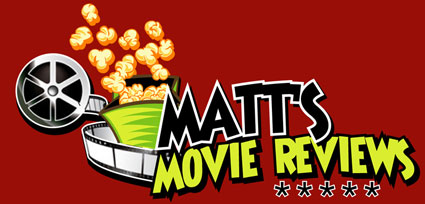Inventive, entertaining and absolutely relevant, The Big Short has director Adam McKay brilliantly weave his comedic smarts into the dramatic true life story of a world turned upside down by an economic monster of little logic and unfulfilled greed.
Movies based in (or on) the financial world can be tricky to navigate, with numbers and jargon coming at all angles to dizzying effect. The best of the bunch (Margin Call, Wall Street) counter their economic mumbo-jumbo with great storytelling. Yet rare is the likes of The Big Short that tackles the many tentacles of the financial sector, brings them down to street level, and makes them relatable through the most universal language of our YouTube watching times: pop culture.
While some were understandably surprised that comedy director and “Funny or Die” co-founder Adam McKay would take on such heavy material, looking at his filmography it makes all the sense in the world. For all its silliness Anchorman is very much a film about gender equality. The Other Guys a damnation of Wall Street corruption in the guise of a buddy cop movie. Then there is The Campaign, a big swing towards the political machine that although mostly collecting air, still got some shots in.
The Big Short does hit, and hits hard with a variety of combinations. Based upon the book by Michael Lewis (he who also penned Moneyball and The Blind Side), this is a film that will outrage, fascinate, and educate about the US mortgage housing crisis of 2005. That it’s all true is even more remarkable and gobsmacking scandalous.
Plot wise the film centres around four different sets of investors - eccentric hedge fund manager Michael Burry (Christian Bale), fast talking trader Jared Vennett (Ryan Gosling), idealist hedge fund manager Mark Baum (Steve Carrell) and eager young investors Charlie Geller (John Magaro) and Jamie Shipley (Finn Wittrock) along with their mentor Ben Rickett (Brad Pitt) - who foresee the housing collapse coming, and bet against the big banks (a high risk gamble) in order to stay afloat as the majority of America drowns in debt.
Performances by all are superb, especially Bale who perfectly underplays the Asperger Syndrome suffering investor wunderkind, with the awkward social interactions from this thrash metal listening brilliant mind perfectly portrayed for both sympathetic and comedic effect. Excellent too is Ryan Gosling as a fast talking trader whose spiel (with the assistance of Jenga blocks) on the trash value of those subprime bonds that were barley propping the housing market a scene of the year candidate of Glengarry Glen Ross proportions.
The x-factor that ups the shock value of The Big Short over other finance movies is its innovative and entertaining structure, with segues to pop-culture infused explanations of high-concept (as in nonsensical) finance giggle-gobble – ranging from Margot Robbie in a bubble bath to Selma Gomez playing black jack – a think of surprising, entertaining clarity, a sort of “Idiots Guide” as delivered by celebrities.
McKay of course brings a lot of the funny, but expertly blends it with the dramatic and indeed tragic circumstances of a time in recent history where real consequences were felt.
The Big Short is a movie filled with emotion that requires equal response in kind. Rare is that beast that will makes its audience laugh, rage, and shock right up the end credits, and then make you think deeply about it all afterwards.
|
